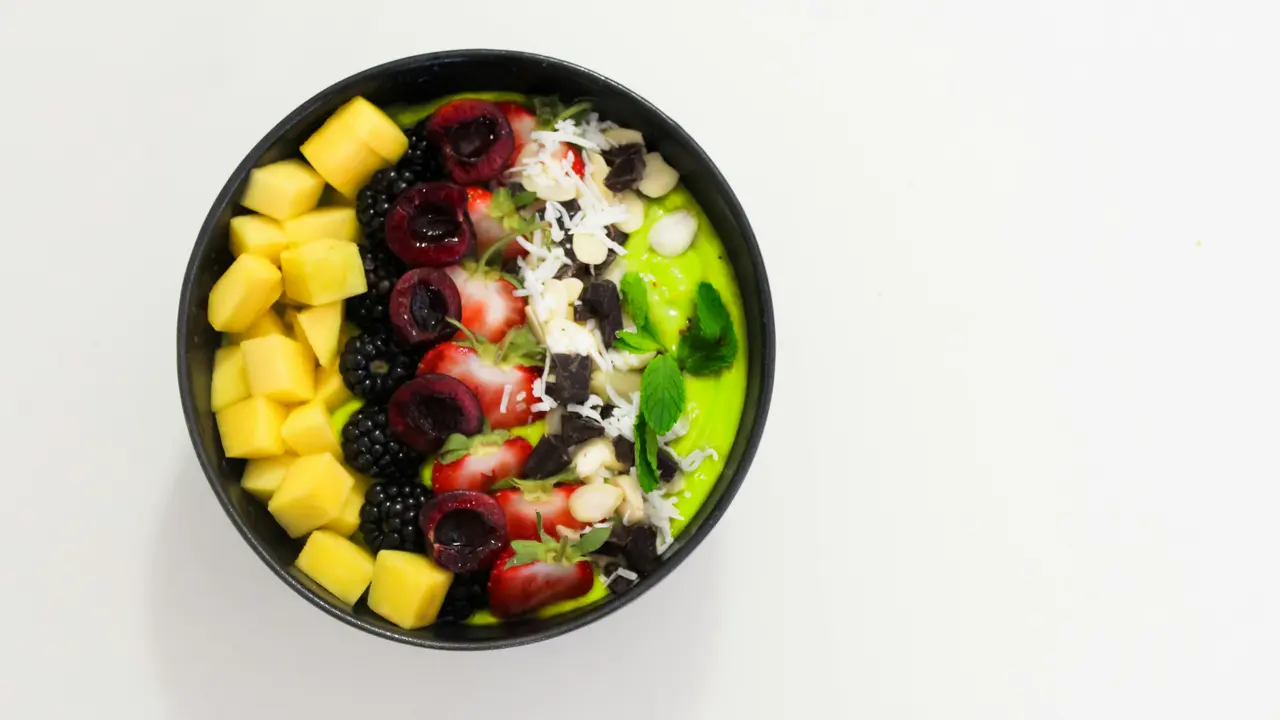Are you struggling with thinning hair and wondering if there’s a solution? You might have heard about the potential benefits of prenatal vitamins for hair health. This article explores the question, “are prenatal vitamins good for thinning hair?” and delves into how these vitamins can influence hair growth. Let’s uncover the truth behind the hype!
Understanding Prenatal Vitamins and Their Composition
What Are Prenatal Vitamins?
Prenatal vitamins are specially formulated supplements designed to meet the nutritional needs of pregnant women. They contain essential vitamins and minerals that support not only the mother’s health but also the development of the fetus. Key ingredients often include:
- Folic acid
- Iron
- Calcium
- Vitamin D
- Omega-3 fatty acids
How Do Prenatal Vitamins Affect Hair Health?
Many people believe that the nutrient-rich formula of prenatal vitamins can invigorate hair growth and potentially combat thinning hair. The vitamins and minerals present in these supplements can contribute to a healthy hair cycle by:
- Providing essential nutrients for hair follicles
- Enhancing blood circulation in the scalp
- Reducing hair breakage
Are Prenatal Vitamins Effective for Thinning Hair?
Scientific Evidence and Studies
While anecdotal evidence suggests that prenatal vitamins may promote hair growth, scientific studies provide mixed results. Research indicates that certain vitamins found in these supplements, like biotin and folate, can positively impact hair health. However, it is crucial to note that:
- Thinning hair can result from various factors, including genetics, diet, and underlying health conditions.
- Simply taking prenatal vitamins may not guarantee improved hair thickness.
Consulting with Healthcare Professionals
Before starting any new supplement regimen, particularly prenatal vitamins, consulting with a healthcare professional is essential. They can help determine if such vitamins are suitable for your specific situation, especially if thinning hair is a concern. Additionally, they can recommend alternatives tailored to your dietary and health needs.
The Role of Nutrition in Hair Health
Essential Nutrients for Healthy Hair
While prenatal vitamins can offer some benefits, focusing on a balanced diet rich in hair-healthy nutrients is vital. Key nutrients to include are:
- Protein: Crucial for hair structure, found in lean meats, fish, eggs, and legumes.
- Iron: Important for oxygen transportation, found in spinach, red meat, and lentils.
- Vitamins A and C: Promote healthy scalp conditions, found in fruits and vegetables.
The Impact of Stress and Lifestyle on Hair Growth
Beyond nutrition, factors such as stress, hormonal changes, and lifestyle choices play a significant role in hair health. Managing stress through relaxation techniques, regular physical activity, and adequate sleep can help maintain a healthy hair cycle.
Alternative Supplement Options for Thinning Hair
Biotin and Other Hair Growth Supplements
If you’re particularly concerned about thinning hair, consider looking into supplements specifically designed for hair health, such as:
- Biotin: Known to promote healthy hair and nails.
- Zinc: Supports tissue growth and repair.
- Collagen: Provides structural support to hair and can enhance elasticity.
Topical Solutions for Thinning Hair
In addition to dietary supplements, various topical solutions may aid in combating thinning hair. These include:
- Minoxidil: Over-the-counter topical treatment that encourages hair regrowth.
- Hair serums and oils: Formulations designed to nourish and hydrate the scalp.
When to Seek Professional Help for Thinning Hair
Identifying Underlying Causes
If you notice significant thinning or hair loss, it’s essential to consult a dermatologist or healthcare provider to identify any underlying issues. Conditions like hormonal imbalances, thyroid problems, or autoimmune disorders can contribute to hair thinning.
Creating a Personalized Hair Care Plan
Once the root causes of thinning hair are identified, a healthcare professional can help create a personalized plan that includes:
- Dietary recommendations
- Supplement guidance
- Topical treatments and lifestyle changes
Final Thoughts: Are Prenatal Vitamins Good for Thinning Hair?
In conclusion, while prenatal vitamins may offer some benefits for thinning hair due to their nutrient-rich composition, they are not a one-size-fits-all solution. It’s essential to consider a holistic approach to hair health, which includes a balanced diet, lifestyle changes, and professional guidance. If you’re looking to explore more about hair care, consider sharing this article with your friends or checking out our other resources. Your journey to healthier hair may just be a step away!
Vitamins – Recent Articles
- Discover What Vitamins Should I Take in My 20s Female!
- Unlock Gorgeous Hair and Nails: What Vitamins Are Best?
- Can I Take Prenatal and Postnatal Vitamins Together? Find Out!
- Are Vitamins Covered by FSA? Unlock Your Health Savings!
- What Happens If You Don’t Take Prenatal Vitamins While Pregnant?
Vitamins – Useful Links
- NIH Office of Dietary Supplements — Vitamin and Mineral Supplement Fact Sheets
- WHO — Vitamin and Mineral Nutrition Information System (VMNIS)
- MedlinePlus — Vitamins (Encyclopedia)
- CDC — Micronutrient Facts
- NHS — Vitamins and minerals
